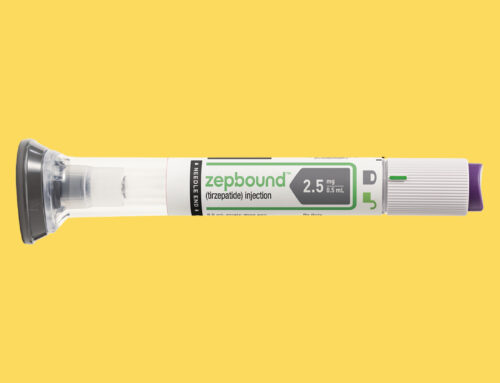How do I know I’m making progress towards my weight management goals?
There are many ways to measure your progress. The easiest is weighing weekly, which is also important in maintenance. Your progress may also be gauged with waist measurement and body composition testing. After a few pounds of weight loss, your clothes will begin to fit better. People with chronic illnesses such as high blood pressure or diabetes will likely experience improvement in their numbers after a loss of as little as 5% from their starting weight.
How about physical fitness?
The first thing most people notice is improved energy. You will likely find it easier to manage your activities of daily living. Your resting heart rate and exercise tolerance will also improve over time. You won’t see improvement in every measure every week, but you should see progress somewhere if you’re paying attention.
What should I do to make steady progress?
Have a plan for controlling your calorie intake and increasing your activity. Stick to your plan as best you can, and be prepared to modify your plan as the weeks pass. With regard to your weight, you only control what you eat and what you do. Many factors influence your weight; most are outside of your control. It is not useful to expend time or energy on the factors you can’t change; this will drain your motivation to address the things you can change.
Keeping track of your progress will help you stay motivated. There are many phone apps which you can use to track your data. You could simply keep a journal on paper. Taking a full body selfie at the beginning of your journey, and then periodically as you make progress can make it easier to actually see how far you’ve come. Tracking progress visually and with hard data is a hallmark of obesity medicine and helps patients appreciate the progress that they’ve already made. Keep your eyes on the prize.
H. Allen Chapman, PA-C
Physician Assistant – Certified
Alaska Premier Health






